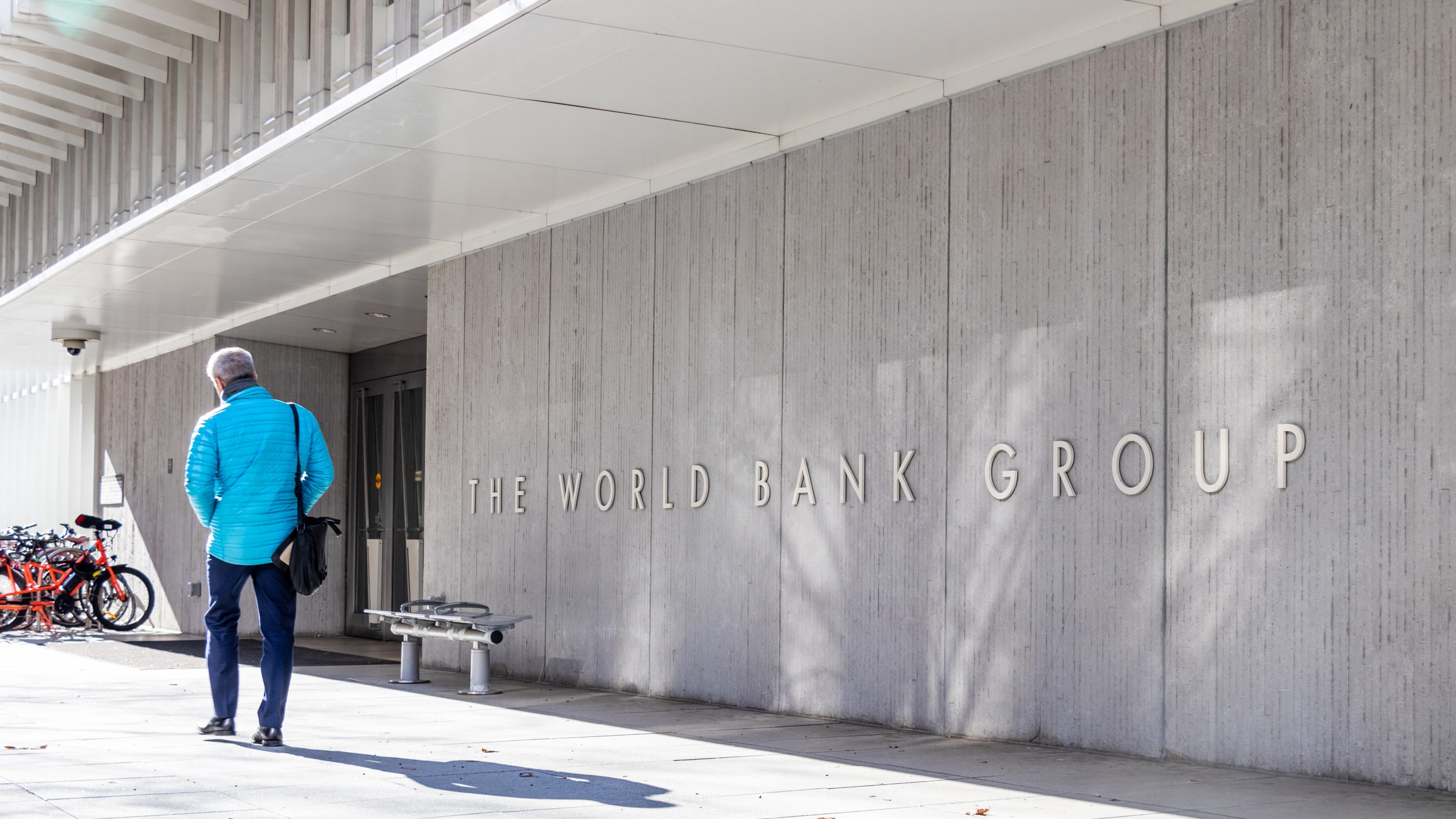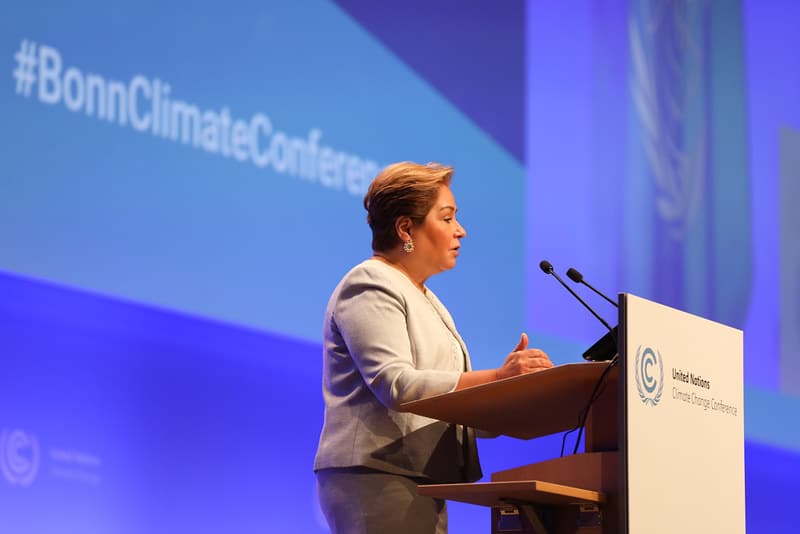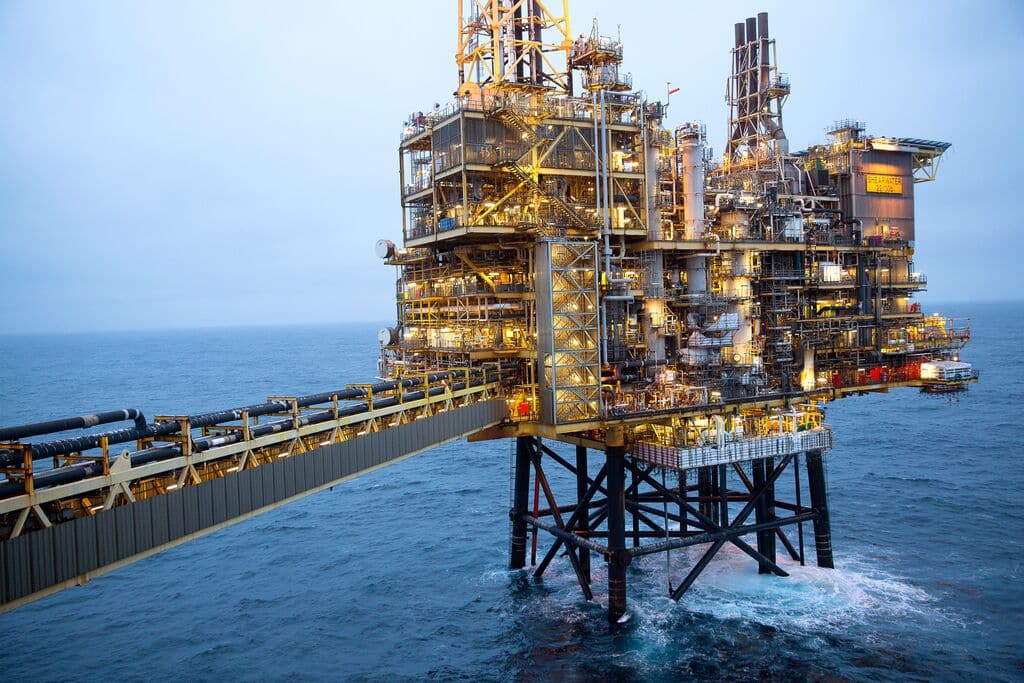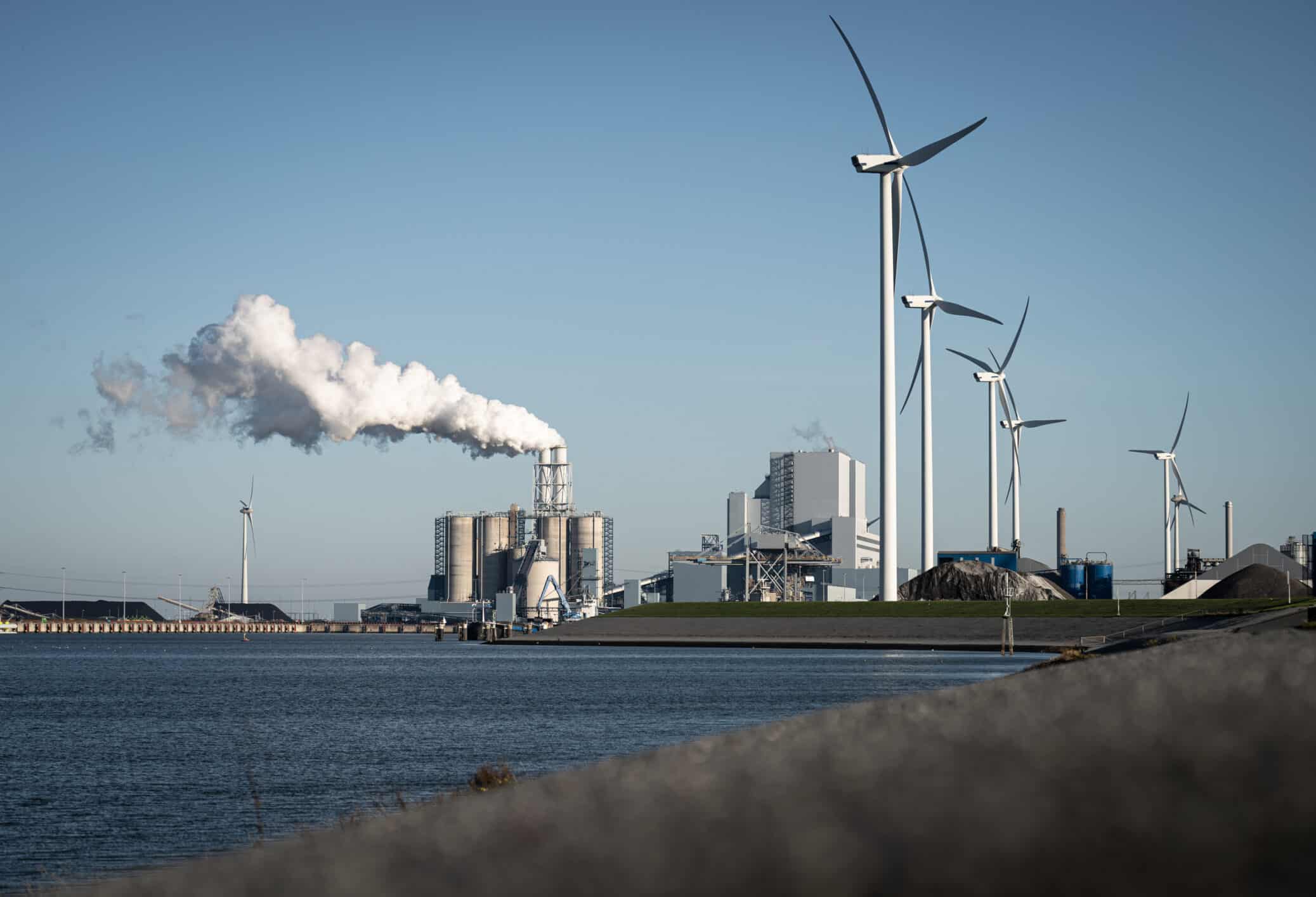Doom mongers are having a great time. There are negative economic signals everywhere, with predictions of recession, severe “stagflation” and an enduring cost of living crisis. Much of this has been caused by the extreme rise in energy prices, resulting from the war in Ukraine and post-pandemic demand increases. Is the solution to pump the brakes and refocus on coal and oil? Or should we invest massively in green energy and accelerate the sustainable energy transition?
The latest Global Economic Prospects report from the World Bank shows that economic issues really don’t respect borders. They are predicting global growth to slump from 5.7 per cent in 2021 to 2.9 per cent in 2022, with Europe and Central Asia actually shrinking by 2.9 per cent this year. This global figure is significantly lower than the 4.1 per cent that was anticipated in January. They are also expecting the situation “to remain as bad into 2023-24.
The World Bank also says there is a risk of stagflation – a period of rising inflation coupled with falling output and increasing unemployment – with potentially harmful consequences for middle- and low-income economies alike. It warns: “Higher energy prices will lower real incomes, raise production costs, tighten financial conditions, and constrain macroeconomic policy especially in energy-importing countries.”
The possible solutions to the energy crisis are, unfortunately, too big for individuals alone to tackle and we’re into territory where overarching policies are needed to pull the levers of change at a more systemic level than simply offsetting some price rises for domestic households.

The World Bank is predicting low growth and ‘stagflationary’ pressures. Picture from JL Images at iStockPhoto
Back-sliding on dirty energy
With most governments now accepting that urgent action is needed to address climate change, there had been a relatively strong consensus to move away from fossil fuels entirely over the next 30 years or so. The Glasgow COP26 conference last year was widely seen as providing positive progress and (mostly) co-operation among countries towards a net-zero future.
But there are some signs of back-peddling and increasing tension at the current Bonn Climate Change conference, acknowledged by UN Climate Change Executive Secretary Patricia Espinosa: “It is a world beset with conflicts, energy, food and economic crises…and the global pandemic is still with us,” she said in her opening address. “And yet I appeal to all of you — especially in these difficult and challenging times — not to lose hope, not to lose focus, but to use our united efforts against climate change as the ultimate act of unity between nations. We must never give in to despair. We must continue to move forward.”

Patricia Espinosa addresses the opening plenary of the Bonn climate conference. Picture courtesy of UN Climate Change.
A number of countries including India and China have said this week that they will continue to build and open new coal-fired power plants – the dirtiest, most polluting way to generate power. Also this week, the UK government has given Shell permission to develop the Jackdaw North Sea gas field, whereas it was previously turned down on environmental grounds.
The argument, in these cases, is that energy security – not relying on supplies from places such as Russia – is paramount to protect our economies, enable growth and reduce inflation.
One factor that’s being left out of most discussions is that climate change itself is inflationary. Writing in The Hill, David A. Super, now a professor of law at Georgetown Law having served for several years as the general counsel for the Center on Budget and Policy Priorities, points out that extreme weather events and shifting weather patterns have caused global costs to soar across numerous commodities, from sugar and coffee to wheat and soy. This in turn pushes up the price of foods to the consumer.

Shell’s Jackdaw field will be connected to the Shearwater hub. Picture: Stuart Conway via Shell International.
Professor Super explains more about the vicious circle of price rises caused by climate change: “It is not just food, either. Housing becomes more expensive as wood and other building materials no longer grow well where they were traditionally harvested. Soaring weather-related claims push insurance companies to raise premiums sharply or just deny homeowners coverage. Both state governments and private utility companies inevitably pass on costs of increasing major weather disasters, fire mitigation, and grid resilience. Transportation costs rise — and are rolled into almost all goods’ prices — as storms damage bridges and wash out roads. The list goes on.”
A greener way forward?
Couldn’t governments simply unlock massive investment in green energy to unleash growth and address inflation in a more sustainable way?
There has already been substantial investment in environmentally-friendly energy production from wind, solar and nuclear in many advanced economies. But some commentators argue that this has actually set the context for the stagflationary pressures we are now experiencing by pushing prices up and slowing growth, even before the unexpected shock of Russia’s military action.
Not everyone agrees. The net-zero transition “is not inherently stagflationary”, Brian Davidson, head of climate economics at Fathom Consulting, told Money Week recently. He notes that the significant levels of investment needed to make the transition should boost growth, and that renewable electricity is generally cheaper than fossil-fuel powered electricity, which could help alleviate inflationary pressures.
It’s impossible to know yet, from an economic perspective, which position is true as we are treading new ground.
We could look to the 1970s for answers – there were similar energy-related issues throughout much of that decade – but the situation was actually very different; we didn’t have much understanding of the climate crisis then and sustainability didn’t feature substantially in any decision-making.
The challenge for governments is stark: how do we satisfy poorer, discontented populations who want a respite from soaring bills in the short-term, while sticking to our climate pledges over the long-term?
It’s a difficult and politically treacherous path to tread, but UN Secretary-General Antonio Guterres is clear on what he thinks should be done: “Investing in new fossil fuel infrastructure is moral and economic madness” at a time when “cheaper renewable solutions provide green jobs, energy security and greater price stability.”
Subscribe
Sign-up to receive our newsletter

